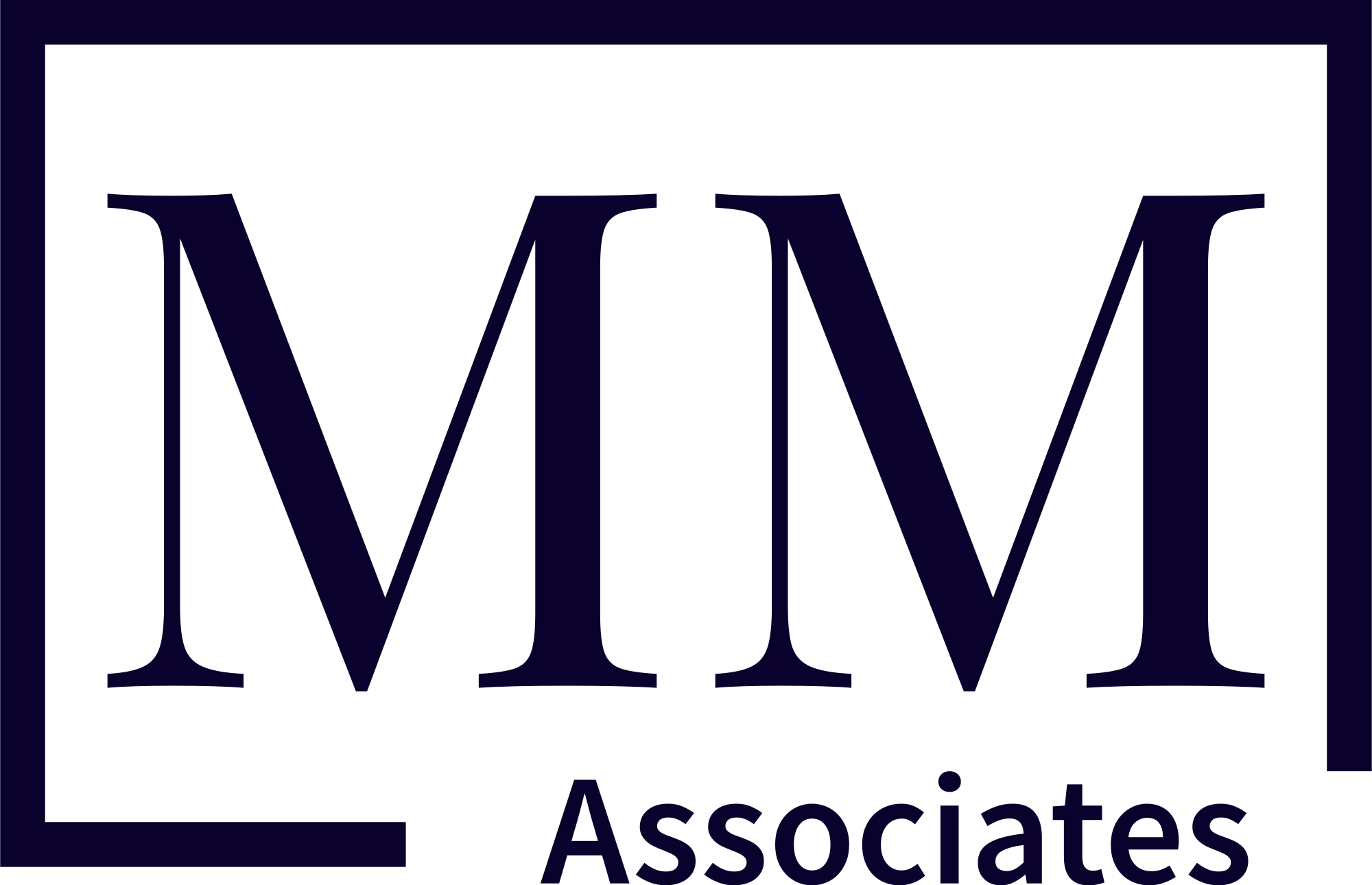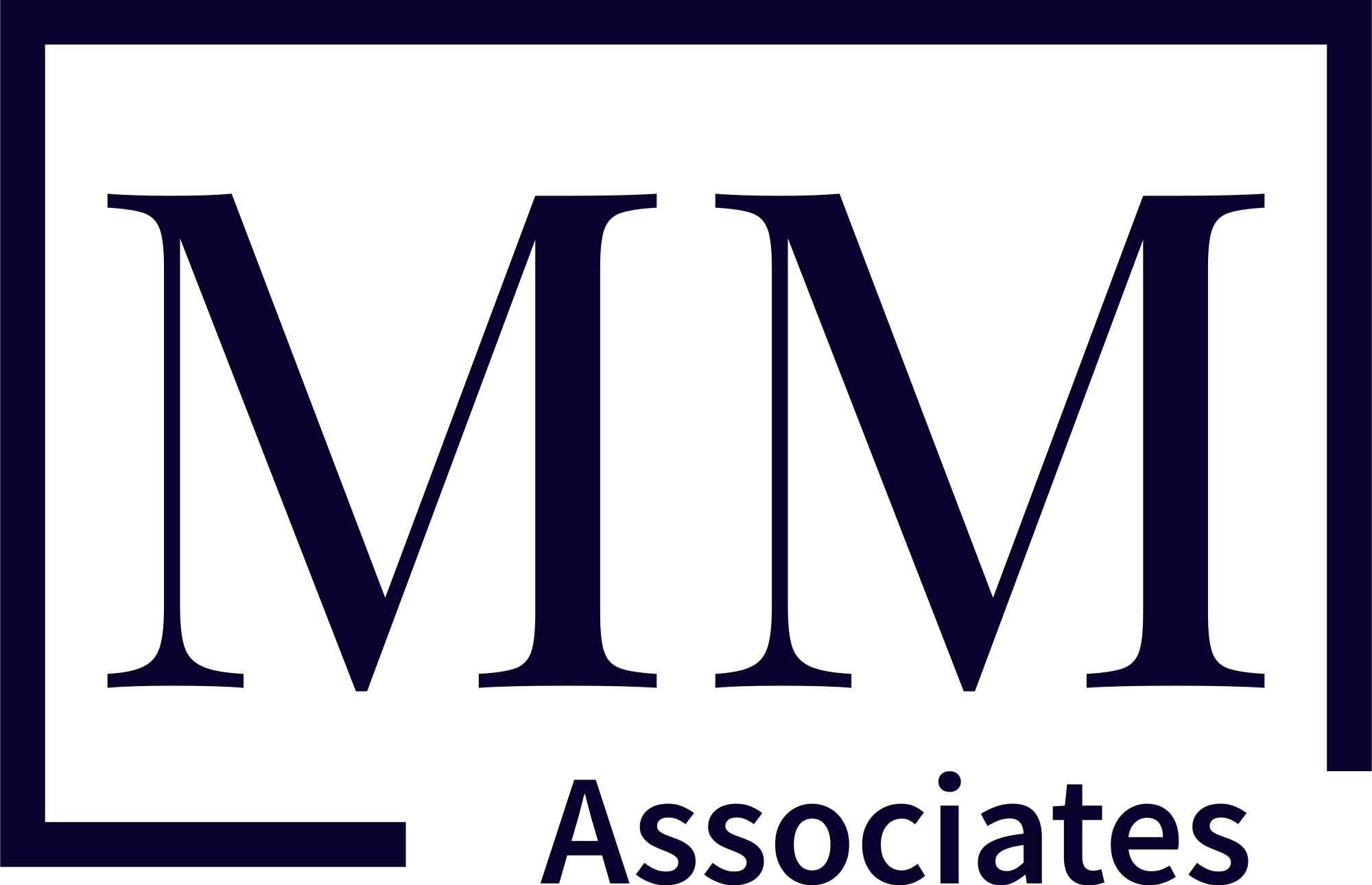Do big institutions skew the Family Office conversation?
Influences on the development of the Family Office ecosystem.
There is no doubt that as the Family Office world continues to evolve, big institutions will play a vital role in its development. But their influence must be viewed with a critical eye.
In a previous article, we wrote about how reputation is often the biggest unmanaged risk at most Single Family Offices. That article outlined why reputation is undoubtedly the next epoch for the Family Office world and is becoming a priority issue for principals.
Yet whilst Family Office decision makers are typically eager to gain outside perspective on the most pressing new and evolving risks and opportunities, ‘reputation’ barely features in conference and media conversations about the development of the Family Office ecosystem.

The power and influence of big institutions in the Family Office ecosystem
One of the key factors influencing these conversations and the evolution of the Family Office world is the dominant role and influence of big institutional sponsors at Family Office conferences. The influence of big institutions such as big banks and law firms often skews the conversation surrounding how Single Family Offices operate, and what they truly need.
From a big institution’s perspective, the Family Office market is an attractive segment—UHNW families are looking for sophisticated solutions to manage large, complex portfolios that span multiple asset classes, geographies, and generations. Moreover, Family Offices often require advice on tax planning, estate planning, risk management, and philanthropy.
So big institutions have been quick to position themselves as essential partners in the space.
But with this push comes an inherent bias in how Family Offices are portrayed, which often gets amplified by the media and played out repeatedly in conference echo chambers.
Big institutions such as banks tend to emphasize their own value proposition—namely, providing institutional financial services, investment opportunities, and global networks of experts—while downplaying or sidelining other aspects of Family Office development, such as governance, reputation management, or the family’s evolving values and priorities.
Such a product-centric view clashes with the holistic nature of a well-managed Family Office, which should be about aligning financial goals with broader family aspirations.
Family Offices are not just vehicles for investing capital – they are tools for managing a UHNW family’s often varied interests in a manner that is bespoke to their preferences.
A well-managed Family Office is bespoke
In another previous article we wrote about how ‘off the peg thinking’ is incompatible with the Single Family Office, and argued that the purpose of a Family Office is to be bespoke.
If conversations and education within the Family Office ecosystem is to remain aligned with the bespoke needs of UHNW families, then the focus of Family Office conferences needs to embrace in a more bespoke manner the values, priorities, preferences and long-term aspirations of UHNW families.
If not, then Family Office conferences will lose their relevance to the ecosystem; and the conversations and development within the ecosystem will happen elsewhere.
Family Offices are perfectly adapt at adjusting how and where they seek education and insights that support their interests when they are not being served or met by the most obvious sources.
This view is already played out in the rise of multi-family offices offering bespoke and holistic solutions, in counterbalance to the more product-led approach of big institutions.
It is also played out in the rise of boutique specialist advisors such as Michael Macfarlane Associates, offering reputation management built upon a culture of privacy and discretion but within an entirely bespoke environment.
Conclusion
There is no doubt that as the Family Office world continues to evolve, big institutions will play a vital role in its development. But 'boutique' and 'bespoke' should be the mantra for a well-managed Single Family Office. So the influence of big institutions must be viewed with a critical eye.


